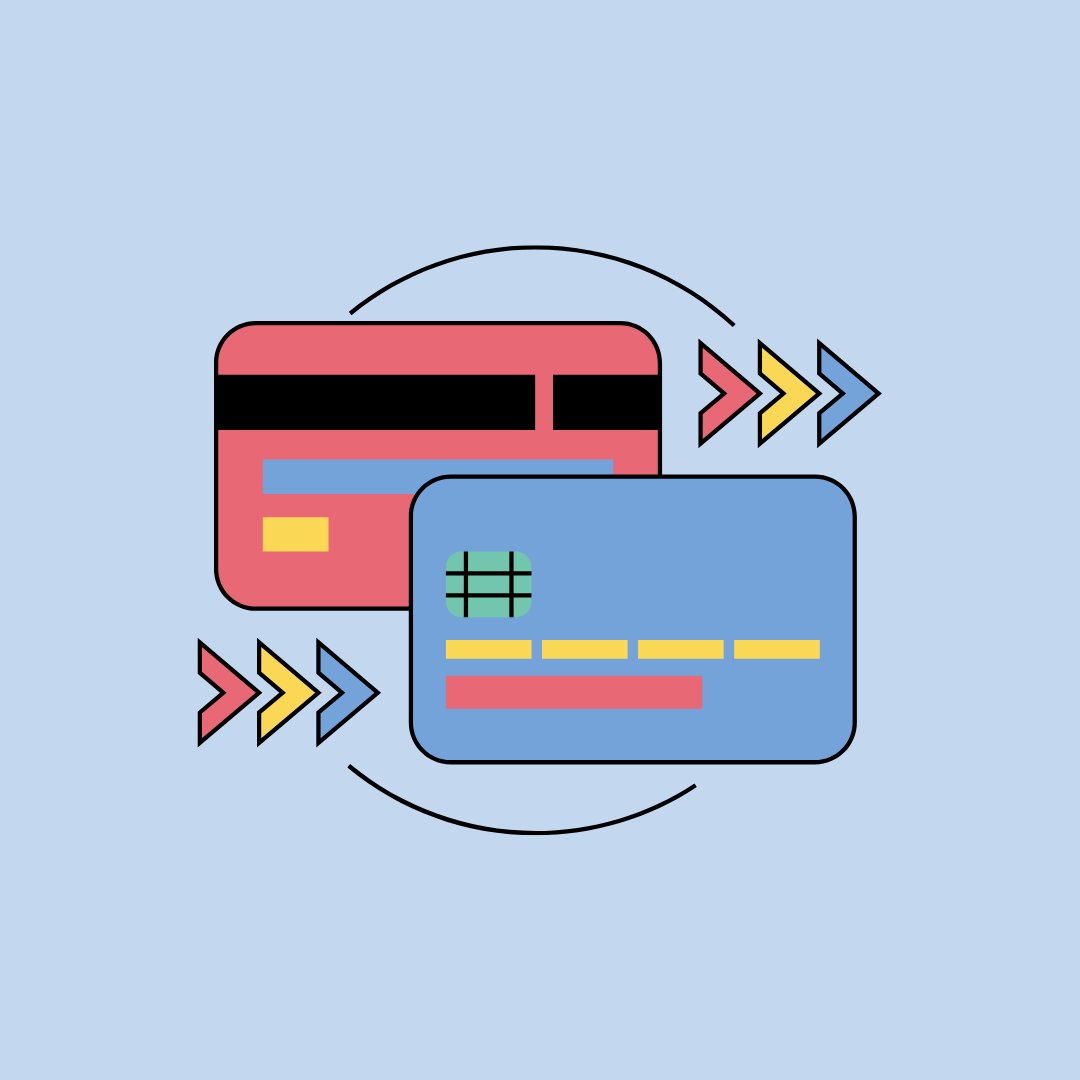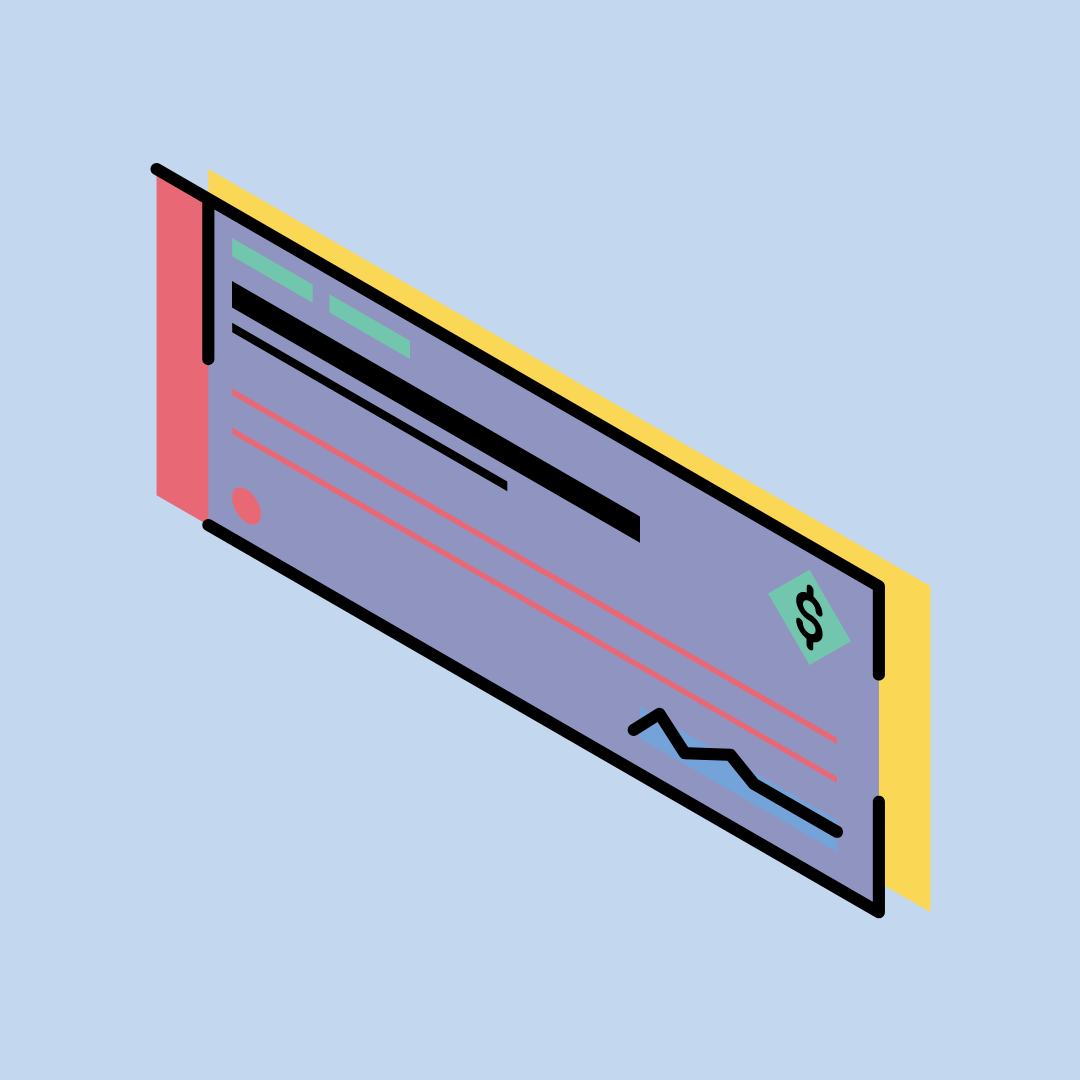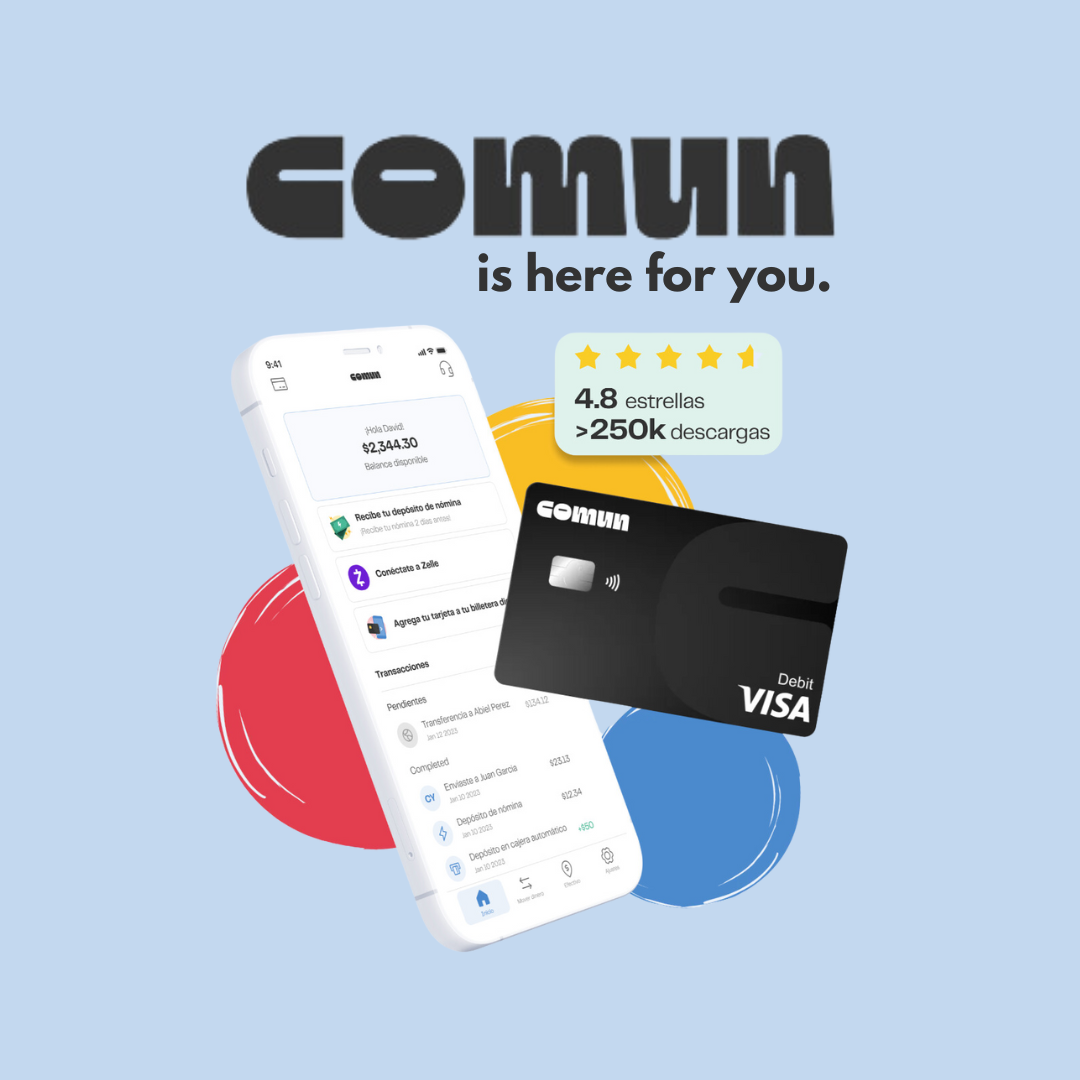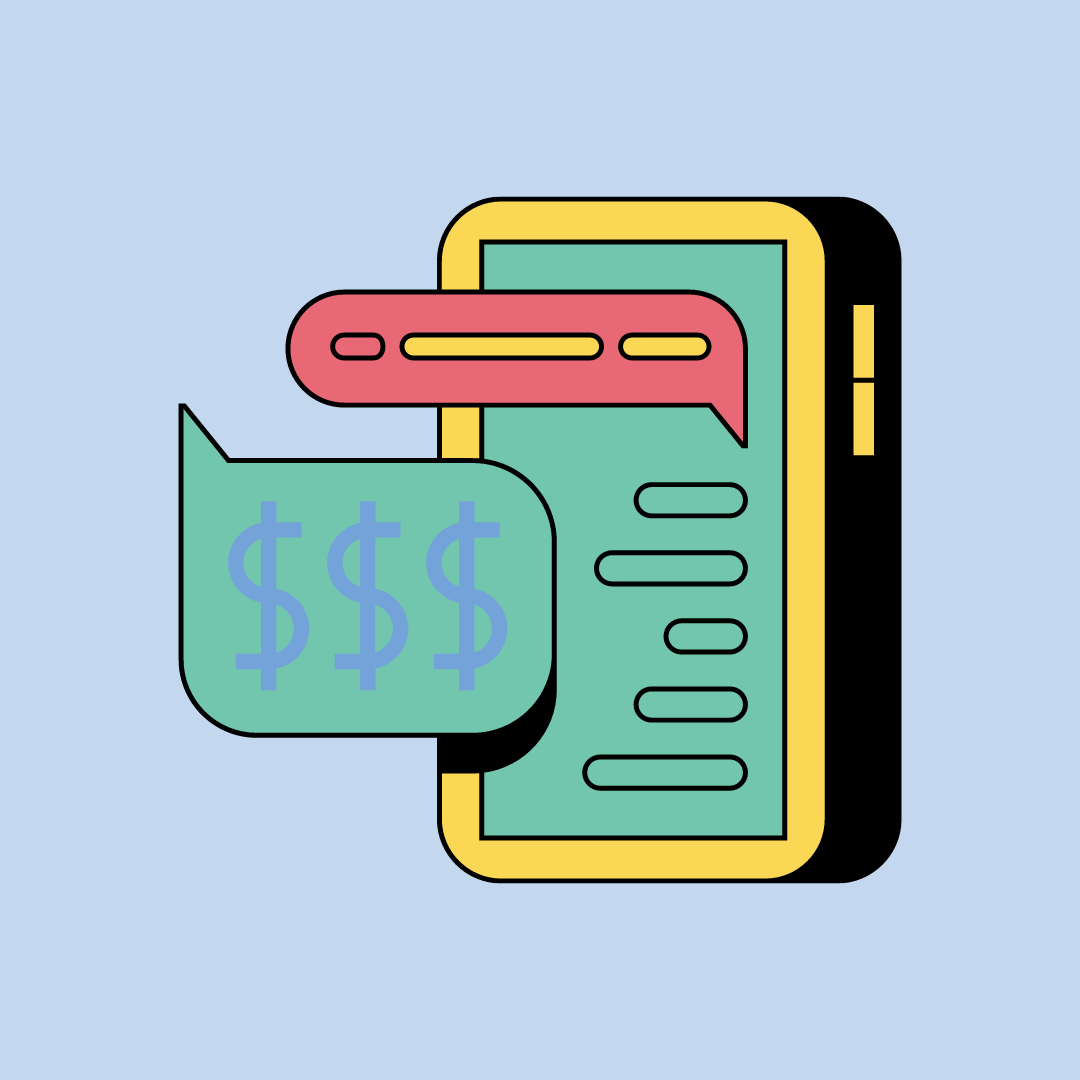
Opening a bank account with a reputable financial institution offers numerous advantages that streamline and secure personal financial management. First, opening a bank account, whether it is a checking or savings account, ensures safe storage of money. Accounts at financial institutions that are members of the Federal Deposit Insurance Corporation (FDIC) have their funds protected up to a certain limit by a federal government agency.
In addition, banks provide easy access to funds through various means, such as debit cards and ATMs, which are essential for everyday transactions and withdrawals. Most banks also offer the convenience of direct deposit services, allowing employers and government benefits to be deposited directly into accounts, which is particularly useful for joint checking accounts or multiple account holders.
Why do you need a bank account?
Having a bank account facilitates meticulous financial record keeping, providing detailed account statements that help track transactions and manage budgets effectively. These accounts, especially when managed online, allow for efficient handling of regular payments through automatic transfers and online bill payment, thus helping to prevent fees associated with bounced checks and late payments. In addition, both traditional and online banks offer additional services such as credit cards, investment products and insurance, enhancing financial flexibility and growth potential.
In addition, bank accounts play a crucial role in building a credit history and expanding access to financial services. The ability to apply for accounts online, manage them through advanced digital banking platforms, and utilize features such as overdraft protection to prevent fraud and maintain financial fitness are all critical. These platforms also assist in financial targeting and are instrumental in ensuring that customers can enjoy a wide range of banking services, from deposit products to insurance products, contributing to a comprehensive and secure financial ecosystem.

How to open a bank account: For first-time cardholders
Opening your first bank account is a crucial step towards financial independence. It allows you to manage your money safely and efficiently. The following steps will help you navigate the process of setting up a new bank account, integrating essential banking terms and practices.
Step 1: Choose the right account type
There are several types of bank accounts, each serving different needs. Checking accounts are ideal for everyday transactions such as deposits, withdrawals and direct payments. Savings accounts, on the other hand, are intended for long-term deposits to earn interest over time. For those managing finances with another person, joint checking accounts allow multiple users to manage funds collectively.
Step 2: Select a financial institution
Your choice of bank should align with your banking needs, whether it's a traditional brick-and-mortar bank, an online bank or a credit union. Factors to consider include:
- Access: Proximity to bank branches and availability of ATMs.
- Fees: Understand monthly maintenance fees, ATM withdrawal fees and other charges.
- Convenience: Online services available, including the ability to apply online and manage a checking account online.
- Security: Make sure the institution is FDIC-insured, which means it is backed by a federal government agency to protect deposits up to a certain limit.
Step 3: Gather the necessary documentation
Openingan account generally requires several identification documents:
- Government-issued identification: Such as a driver's license.
- Social Security Number: For identity verification and reporting purposes.
- Proof of address: Utility bills or lease agreements to verify your residence.
Step 4: Apply for the account.
You can apply online or visit a bank branch in person. When applying, you will need to decide whether you want individual or joint account options. You will also choose between savings and checking accounts and may consider multiple accounts with one bank, if your financial goals warrant it.
Step 5: Make your first deposit
Most banks require a minimum deposit to open your account.This deposit can be in the form of cash, check or direct deposit from another account.
Step 6: Configure additional services
Onceyour checking account is active, consider setting up online banking to monitor your balance, make transfers and more. Opting for debit card services will provide easier access to funds and payment capabilities. Also, ask about investment and insurance products that can further your financial goals.
Step 7: Understand overdraft protection and fees
Overdraft protection is anessential feature to consider to avoid bounced checks and overdraft fees. However, be aware of the costs associated with certain overdraft options. Also, familiarize yourself with other fees that many banks may apply to your account to better manage your finances.
Opening your first bank account should be approached with careful consideration of your financial needs and goals. By choosing the right type of account, financial institution and services, and understanding the associated fees and features, you can effectively manage your money and lay the foundation for a solid financial future.
You Can Open An Account In Comun Designed For Your Life In The USA
You can open a joint account designed specifically for your life in the USA with the ability to apply using more than 100 identification documents from all over Latin America, including passport, ID card, driver's license, matricula consular, visa and many more. Plus, enjoy the benefits of a bank account with a VISA card without facing absurd fees: zero set-up fee, zero minimum balance and zero monthly commission.
Openyour account
How to maintain your bank account
Keeping up with your bank account is crucial to managing your finances effectively and avoiding potential problems such as overdrafts or fraudulent transactions. Here are five proactive steps you can take to keep a close eye on your bank account:
- Regularly Review Account Statements: Make it a habit to check your bank statements monthly. This helps you catch any unauthorized transactions or errors quickly. Reviewing your statements also gives you a better understanding of your spending habits and financial status.
- Set up Alerts: Most banks offer customizable alerts that you can set up through their online banking portal. You can receive notifications about various activities, such as when your account balance falls below a certain amount, when large transactions are made, or when deposits and withdrawals occur. These alerts can be received via email, text message or through the bank's mobile app.
- Use Mobile and Online Banking: Take advantage of the convenience of mobile and online banking to monitor your accounts in real time. These platforms allow you to view your balance, recent transactions and pending payments at any time and from anywhere, helping you stay closely connected to your financial activity.
- Perform Regular Reconciliations: Compare your own records with bank statements regularly to ensure that all transactions are recorded accurately and that there are no discrepancies. This is particularly important if, for example, you use checks or have several automatic payments set up.
- Stay Informed About Bank Changes: Banks occasionally change their policies, fees and the terms of your account. Be sure to read any communications from your bank regarding such changes, as they may affect your account usage and fees. Staying on top of these updates helps you avoid unexpected fees and ensures that you are using the best financial products for your needs.
By incorporating these practices into your routine, you can maintain a safe and well-managed bank account, which is essential for good financial health.
You are ready for your first bank account
In conclusion, opening and maintaining a bank account is a fundamental aspect of managing personal finances effectively. By choosing the right type of account, selecting an appropriate financial institution and understanding the steps and documentation required, you can ensure that your financial needs are met.
It's important to interact regularly with your banking services, whether it's reviewing statements, setting up alerts or using online and mobile banking tools, to stay on top of all transactions and changes to your account. This vigilance helps safeguard against fraud, manage fees and supports your overall financial goals. As you embark on this journey, remember that every step taken in wisely managing your bank account contributes significantly to establishing a secure and prosperous financial future.











.svg)